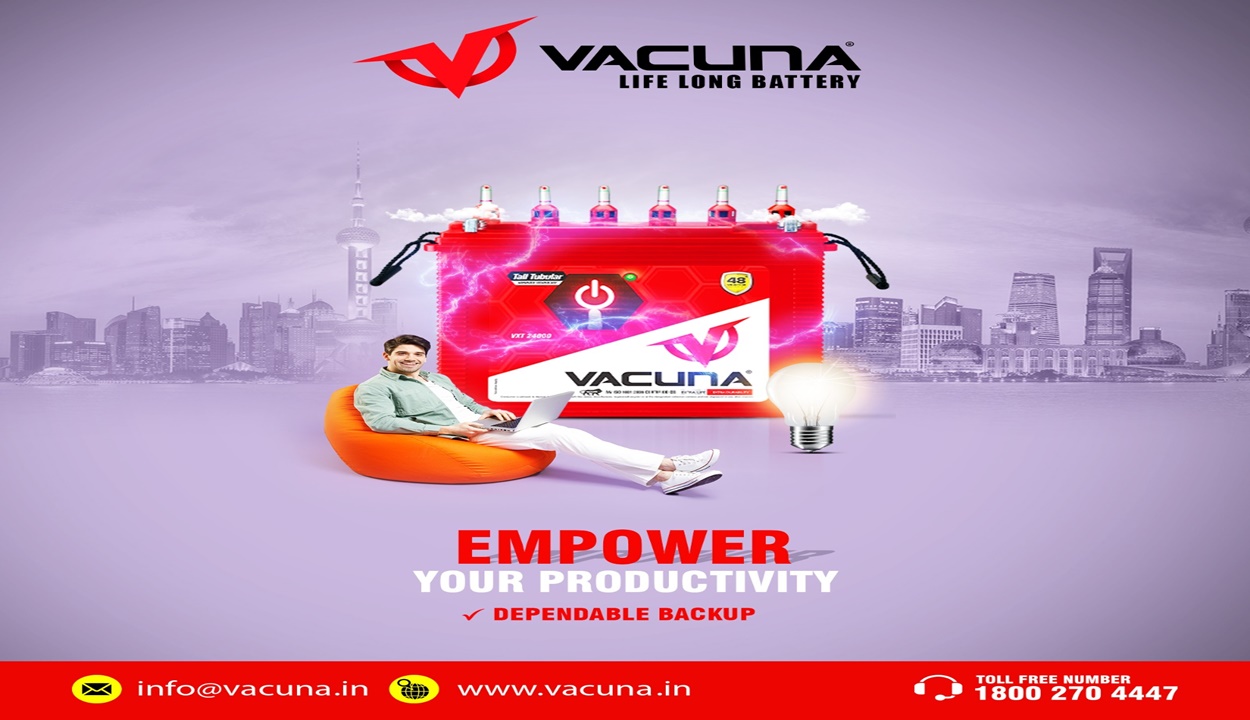As a responsible consumer and a user of inverter batteries, it is essential to understand the proper disposal methods for dead batteries. Inverter batteries, like any other battery, contain hazardous materials that can be harmful to the environment if not disposed of correctly.
Vacuna, a leading inverter battery manufacturer in India, emphasizes the importance of eco-friendly practices and aims to guide users on how to dispose of dead inverter batteries safely and responsibly. In this blog, we will discuss the steps to follow when disposing of a dead inverter battery.
1. Check Local Regulations:
It is essential that you understand and understand the local battery disposal regulations before disposing of an inverter battery. There may be different regulations or recycling programmes in force in different areas. To find out specific requirements and recommendations for battery disposal in your area, contact local authorities, waste management organizations or recycling facilities.
2. Store in a Safe and Ventilated Area:
After disconnecting it from the device, keep the dead inverter battery in a secure location with proper ventilation. Avoid keeping it in areas with high temperatures or next to flammable items. Proper storage is important to avoid any accident or leakage in the battery.
3. Choose a Certified Battery Recycling Center:
The most environmentally friendly option for disposing of a dead inverter battery is recycling. Look for certified battery recycling centres in your locality. These centres specialize in the safe handling and recycling of different types of batteries. They have the necessary facilities to handle hazardous materials and ensure the proper disposal or recycling of batteries.
4. Transport Safely:
While transporting a dead battery to a recycling facility, take the necessary precautions to avoid any damage or leaking. Put the batteries in a reliable, leak-proof container and fasten it securely throughout the journey. Avoid any rough handling or dropping of the battery.
5. Consider Exchange or Buyback Programs:
Some battery manufacturers offer exchange or buyback programs for dead inverter batteries. These programs allow you to return your old battery to the manufacturer, who then handles the recycling process responsibly. Explore such options to ensure that your dead inverter battery is disposed of correctly and to potentially benefit from incentives or discounts on a new battery purchase.
To conclude, proper disposal of dead inverter batteries is crucial for environmental sustainability and to prevent any potential harm to human health. As a responsible inverter battery manufacturer, Vacuna urges users to follow the recommended disposal methods. Always check local regulations, store it properly and choose a certified battery recycling centre for responsible disposal or recycling.
